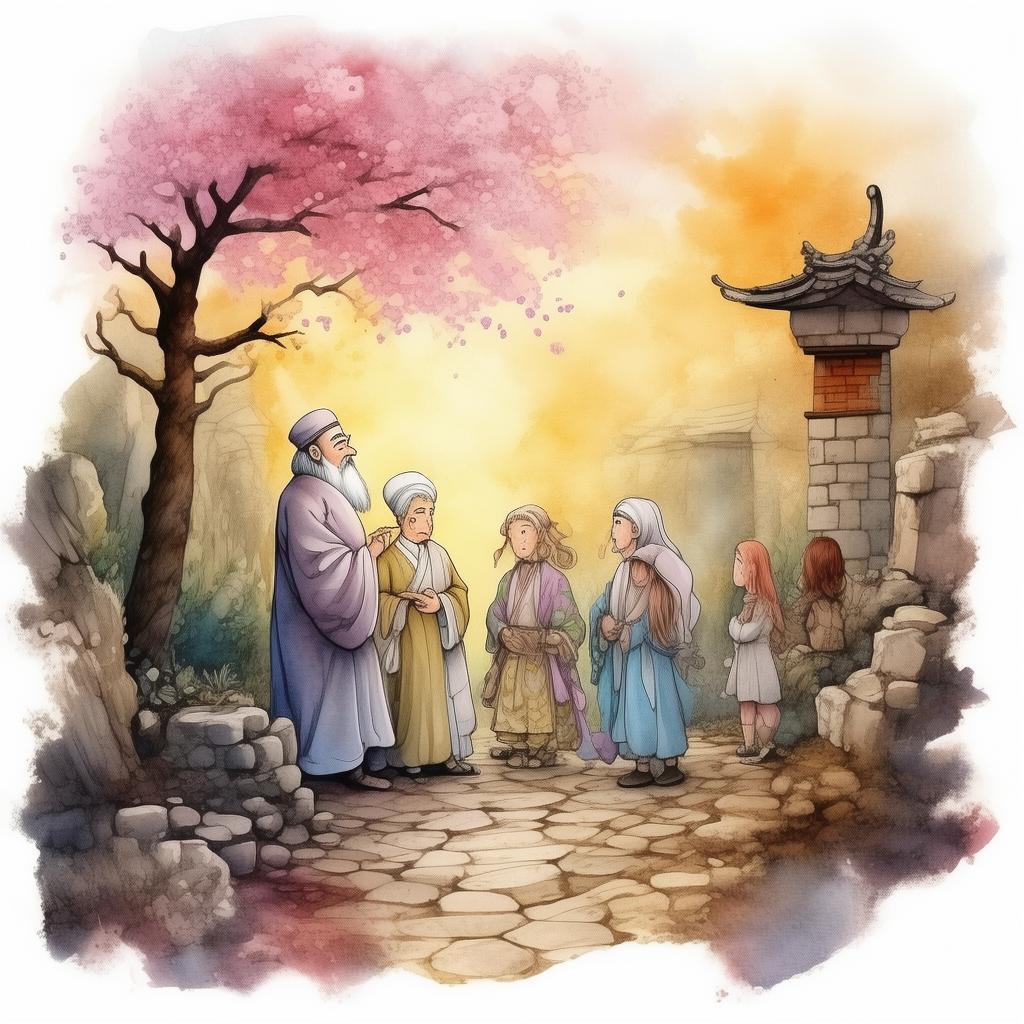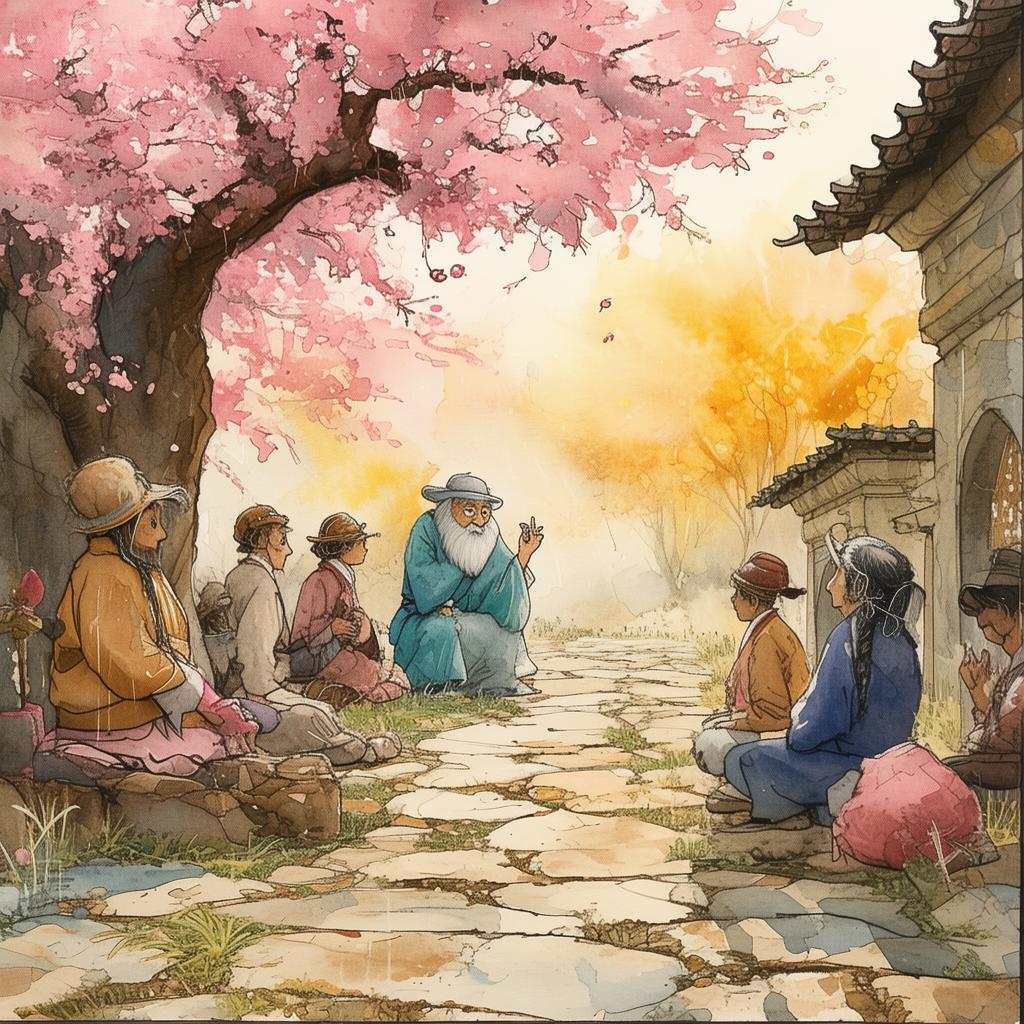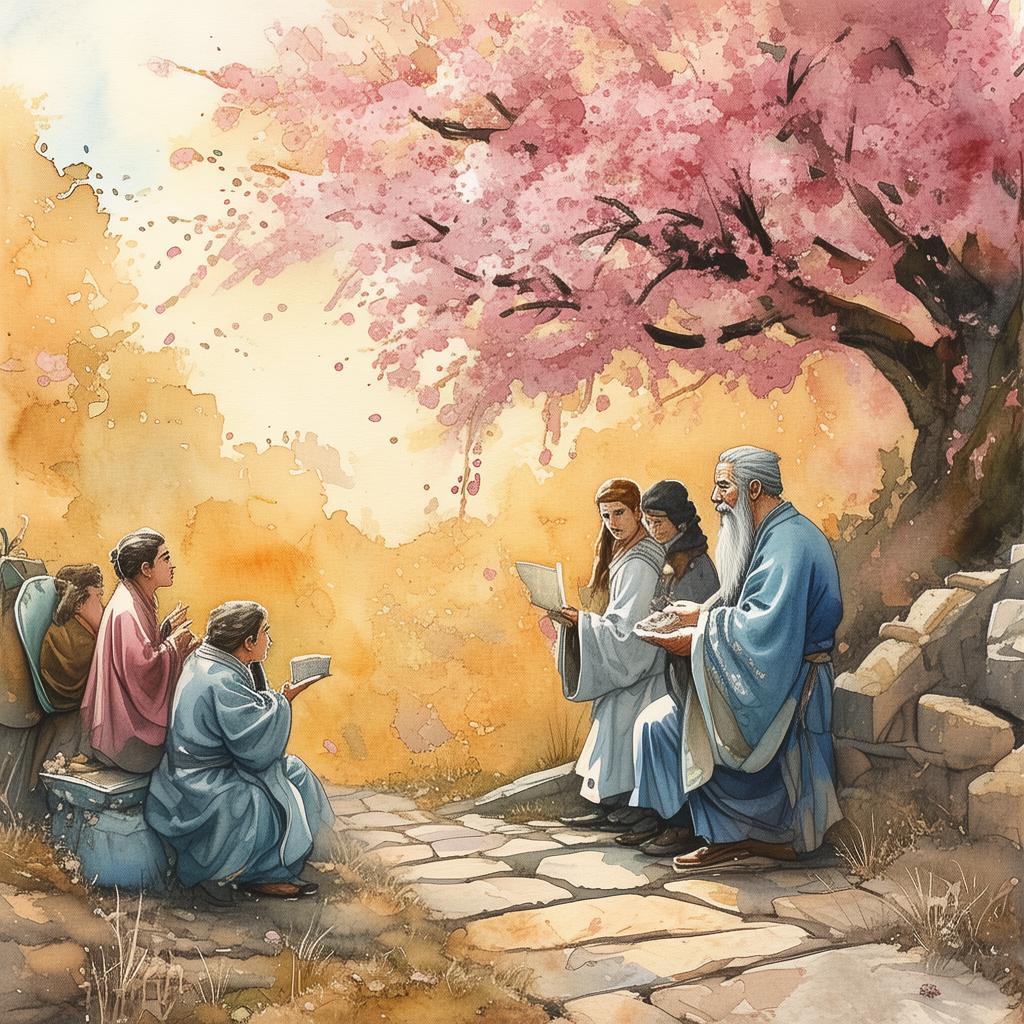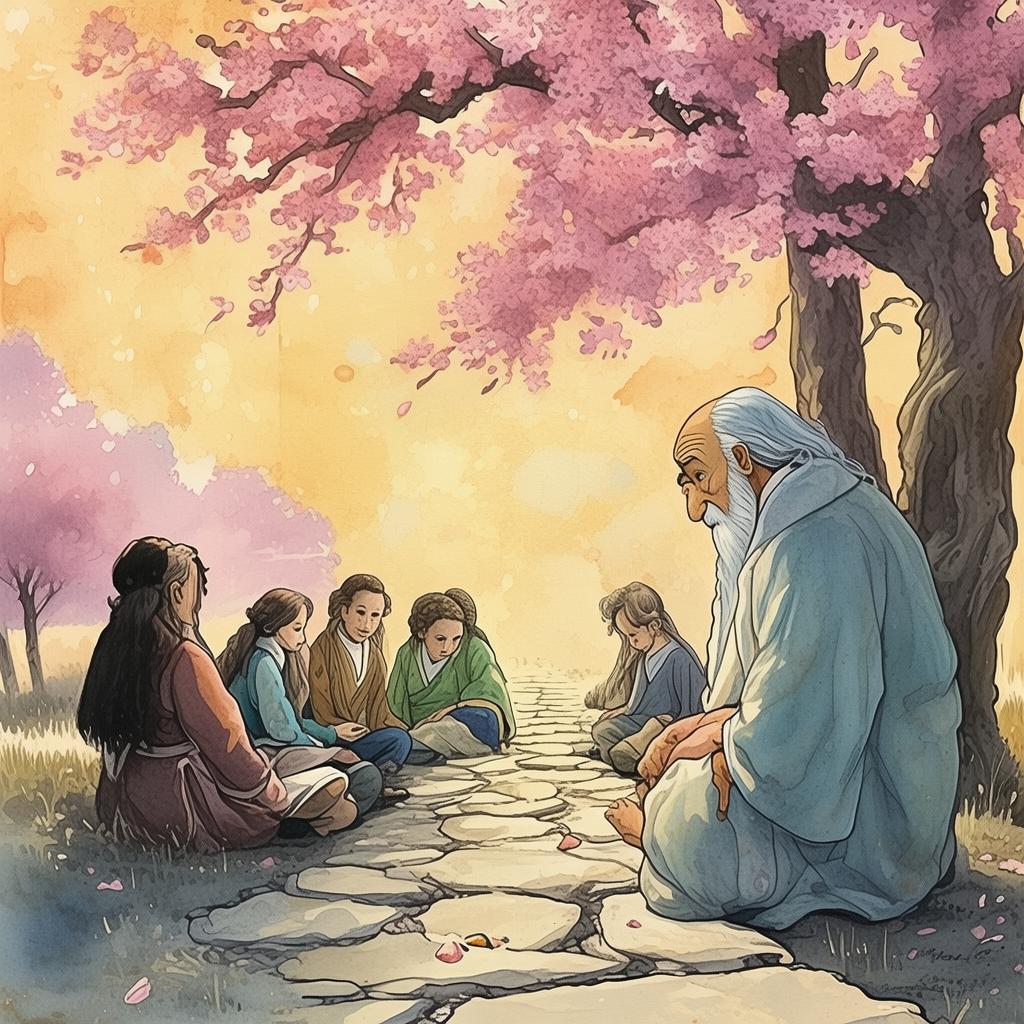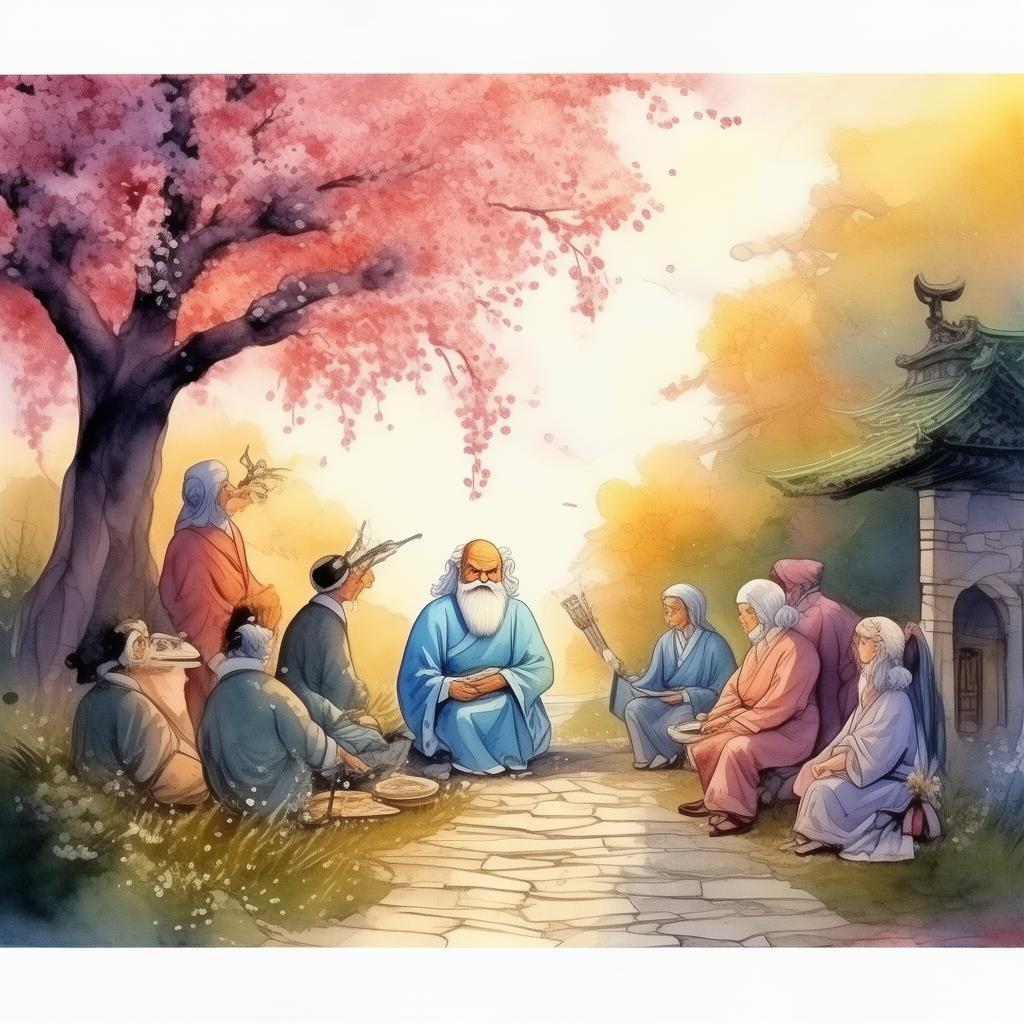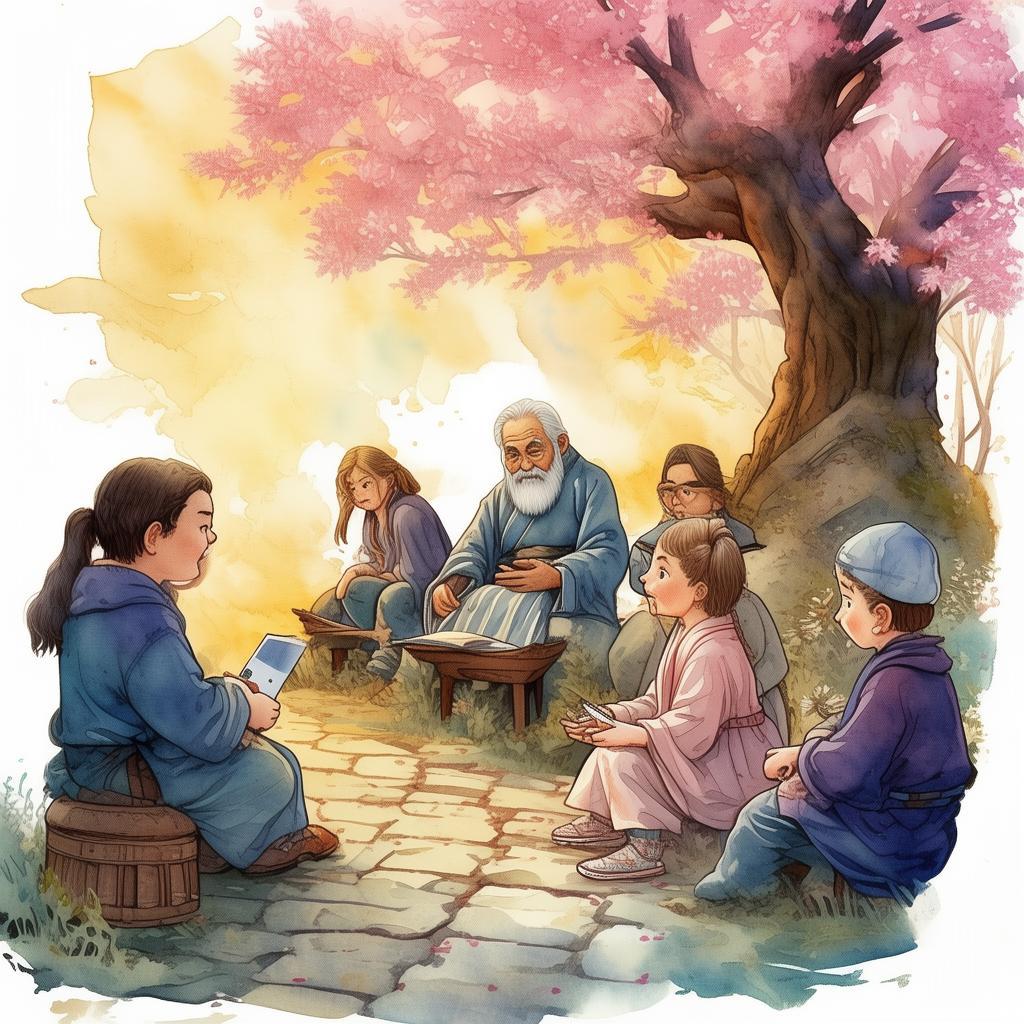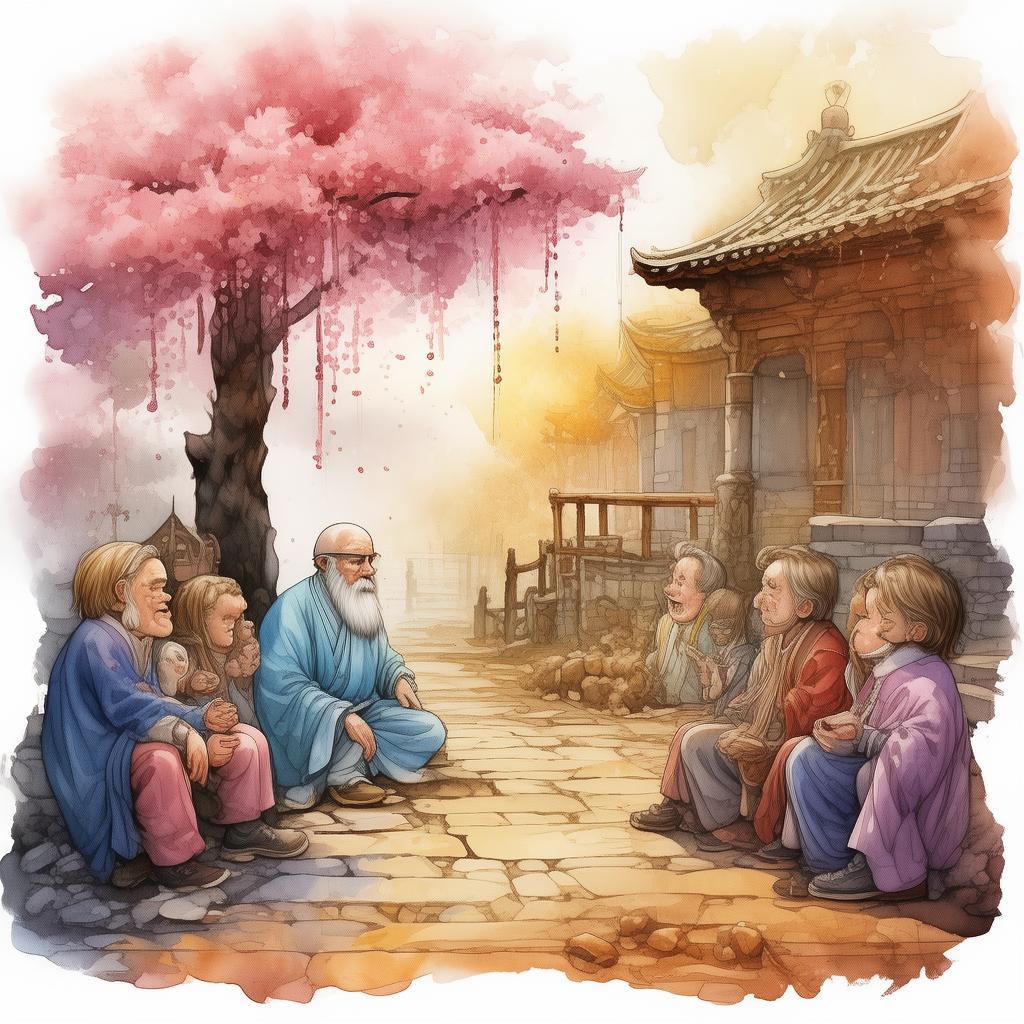Whispers of the Night: The Symphony of an Unfinished Tale
In the heart of a bustling city, where the night was alive with the symphony of urban life, there lived a young composer named Xiao Ming. His passion for music was as boundless as the stars in the night sky, but his life was a melody that seemed to be forever incomplete. Xiao Ming spent his days writing scores and his nights reading the works of great composers, always yearning for a piece that would resonate with the depth of his soul.
One evening, as Xiao Ming wandered through the dimly lit aisles of an old bookstore, he stumbled upon a dusty, leather-bound book. The title, "The Night Reader's Symphony," intrigued him, and he picked it up, feeling a strange pull. The book was a collection of short stories, each accompanied by a musical score. As he flipped through the pages, he noticed a particular story, "The Melody of an Unfinished Tale," which had no score attached.
The story was a mere fragment, a tale of a composer who had vanished without a trace, leaving behind a symphony that was never completed. The story spoke of love, loss, and the relentless pursuit of artistic perfection. Xiao Ming was captivated by the story's haunting beauty and the promise of a melody that was still waiting to be heard.
Curiosity piqued, Xiao Ming decided to write his own symphony inspired by the story. He spent days and nights in his studio, pouring his heart and soul into the composition. As the music took shape, it seemed to have a life of its own, echoing the emotions of the composer whose tale had inspired him.
One night, as Xiao Ming played his symphony for the first time, he felt an inexplicable connection to the music. The notes seemed to carry with them the weight of unspoken words, the whispers of a soul that had long since departed. The symphony was a symphony of echoes, a melody that was incomplete, yet somehow complete in its imperfection.
As the final note resonated through the room, Xiao Ming felt a strange presence. He turned to see an old man standing in the doorway, his eyes filled with a mixture of sorrow and recognition. "You have done well," the man said, his voice like the rustle of leaves in the wind. "This symphony is not just music; it is a testament to the human spirit."
The old man introduced himself as Master Chen, the composer whose story Xiao Ming had read. Master Chen explained that he had been searching for someone to complete his symphony for decades. "I left it unfinished because I believed it was too difficult to express the full depth of my emotions," he said. "But you have managed to capture it with your own voice."
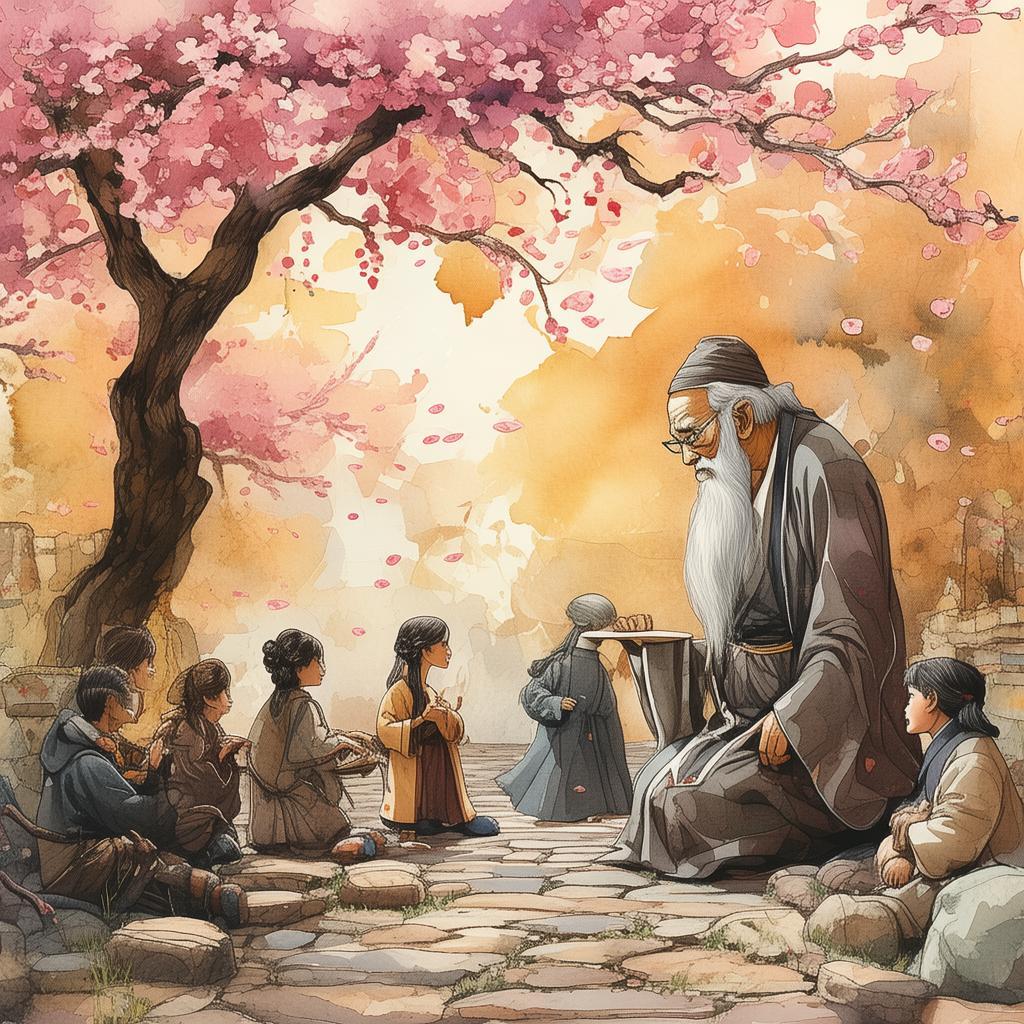
Xiao Ming was in awe. "But why now?" he asked. "Why me?"
Master Chen smiled, a wistful glint in his eye. "Because you have a story of your own that needs to be told. The symphony is a reflection of your journey, of the love and loss that has shaped you."
As Master Chen spoke, Xiao Ming realized that the symphony was not just a tribute to the past; it was a bridge to his own future. He had found his voice, his melody, and he was ready to share it with the world.
The old man left, leaving behind a sense of peace and purpose. Xiao Ming returned to his studio, where he continued to compose, his music now filled with the echoes of the past and the promise of the future. And as he played his symphony for the first time in public, the audience was left in awe, their hearts moved by the beauty and depth of the music.
The Night Reader's Symphony had found its melody, and Xiao Ming had found his own story, one that was still unfolding.
✨ Original Statement ✨
All articles published on this website (including but not limited to text, images, videos, and other content) are original or authorized for reposting and are protected by relevant laws. Without the explicit written permission of this website, no individual or organization may copy, modify, repost, or use the content for commercial purposes.
If you need to quote or cooperate, please contact this site for authorization. We reserve the right to pursue legal responsibility for any unauthorized use.
Hereby declared.
